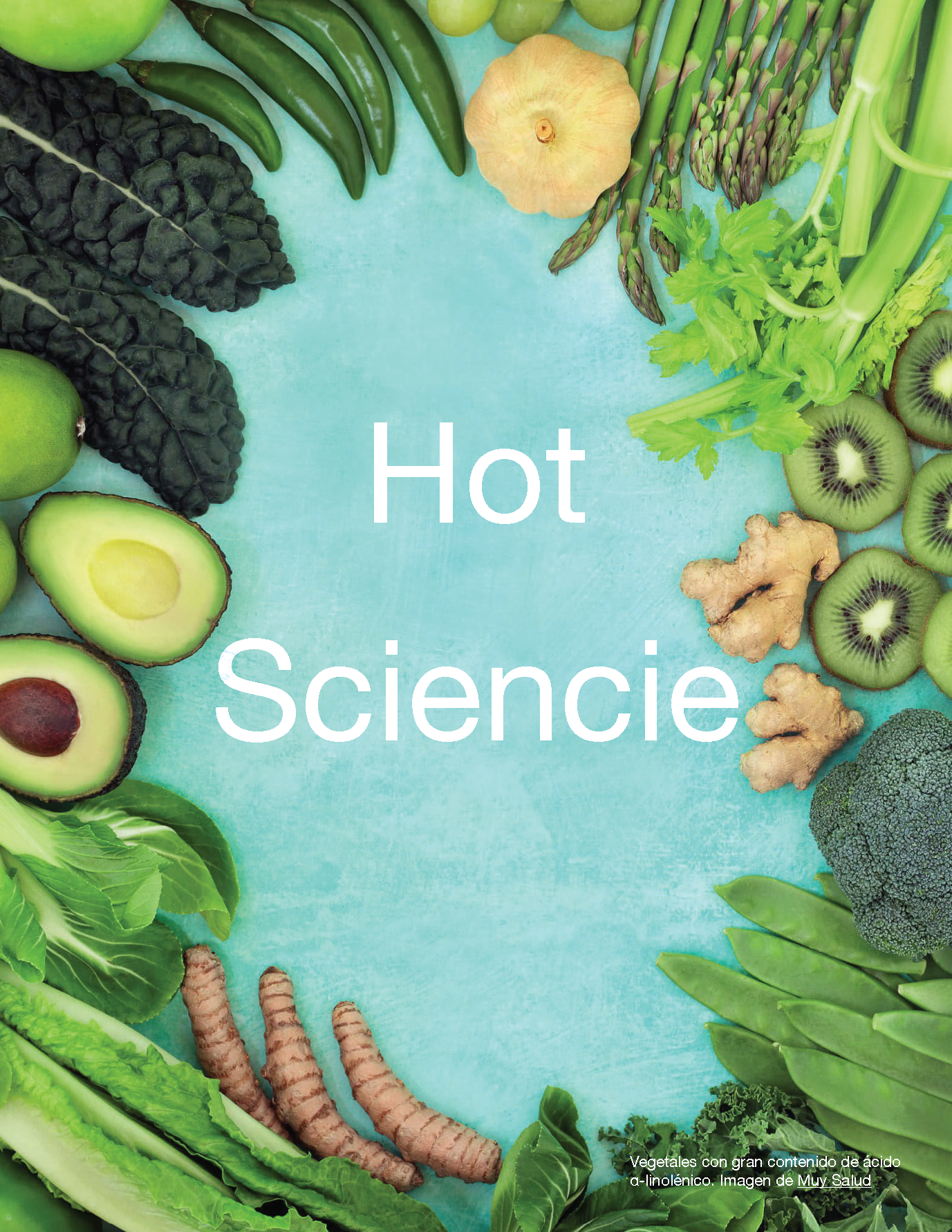PHYTO... WHAT?
Plant compounds that support the immune system
Keywords:
phytoprostanes, oxidative stress, health benefitsAbstract
Phytosterols (PhytoPs) are plant compounds that are gaining attention due to their potential benefits when consumed. This article highlights their formation in response to oxidative stress in plants and explores their impact on human health. PhytoPs exhibit cellular activity that may play a crucial role in regulating the immune system. This discussion aims to shed light on the potential of these plant compounds as valuable contributors to a healthy lifestyle that could assist in inflammatory, immunomodulatory, and cancer-related conditions.
References
Rogowska, A., & Szakiel, A. (2020). The role of sterols in plant response to abiotic stress. Phytochem Rev., 19, 1525-1538. https://doi.org/10.1007/s11101-020-09708-2
Hasanuzzaman, M., Bhuyan, M.H.M.B., Parvin, K., Bhuiyan, T.F, Anee, T.I., Nahar, K., Hossen, M.S., Zulfiqar, F., Alam, M.M., & Fujita, M. (2020). Regulation of ROS Metabolism in Plants under Environmental Stress: A Review of Recent Experimental Evidence. Int J Mol Sci., 21(22), 8695. https://doi.org/10.3390/ijms21228695
Collado-González, J., Durand, T., Ferreres, F., Medina, S., Torrecillas, A., & Gil-Izquierdo, Á. (2015). Phytoprostanes. Lipid Technol., 27(6), 127-130. https://doi.org/10.1002/lite.201500020
Simopoulos, A. P. (2002). Omega-3 fatty acids in wild plants, nuts and seeds. Asia Pacific J. Clin. Nutr., 11(s6), S163-S173. https://doi.org/10.1046/j.1440-6047.11.s.6.5.x
Abbas A. K., Lichtman, A. H., & Pillai, S. (2022). Inmunología celular y molecular (décima edición). Elsevier Inc.; pp. 1-552. ISBN 978-84-1382-206-8.
Medina, S., Gil-Izquierdo, Á., Durand, T., Ferreres, F., & Domínguez-Perles, R. (2018). Structural/Functional Matches and Divergences of Phytoprostanes and Phytofurans with Bioactive Human Oxylipins. Antioxidants, 7, 165. https://doi.org/10.3390/antiox7110165

Downloads
Published
How to Cite
Issue
Section
License
Copyright (c) 2024 Revista de divulgación científica iBIO

This work is licensed under a Creative Commons Attribution-NonCommercial-NoDerivatives 4.0 International License.
Self-archiving or deposit of the works in their post-publication version (editorial version) is permitted in any personal, institutional or thematic repository, social or scientific networks. The above applies from the moment of publication of the article in question on the website of the Revista de divulgación científica iBIO.




